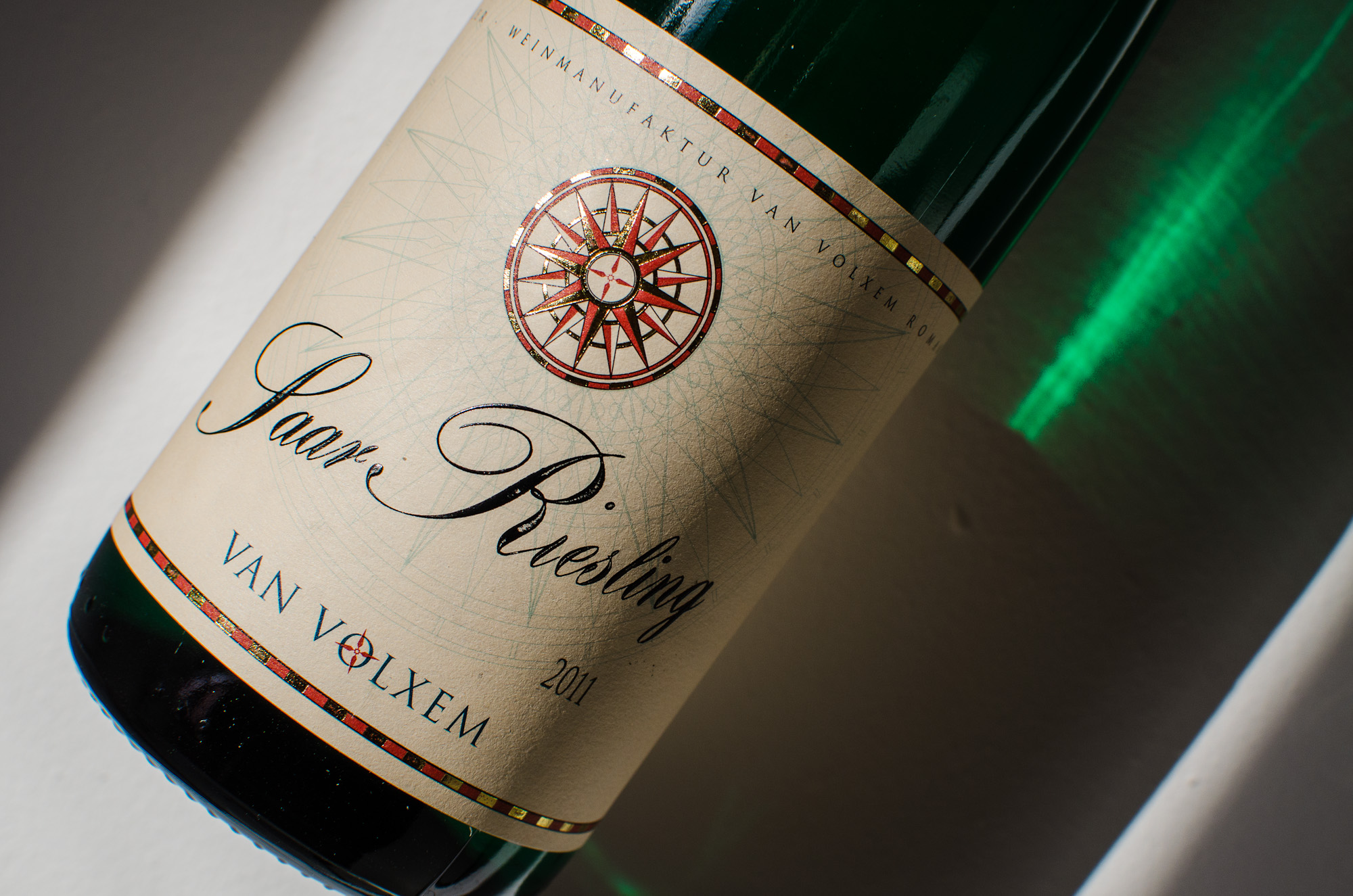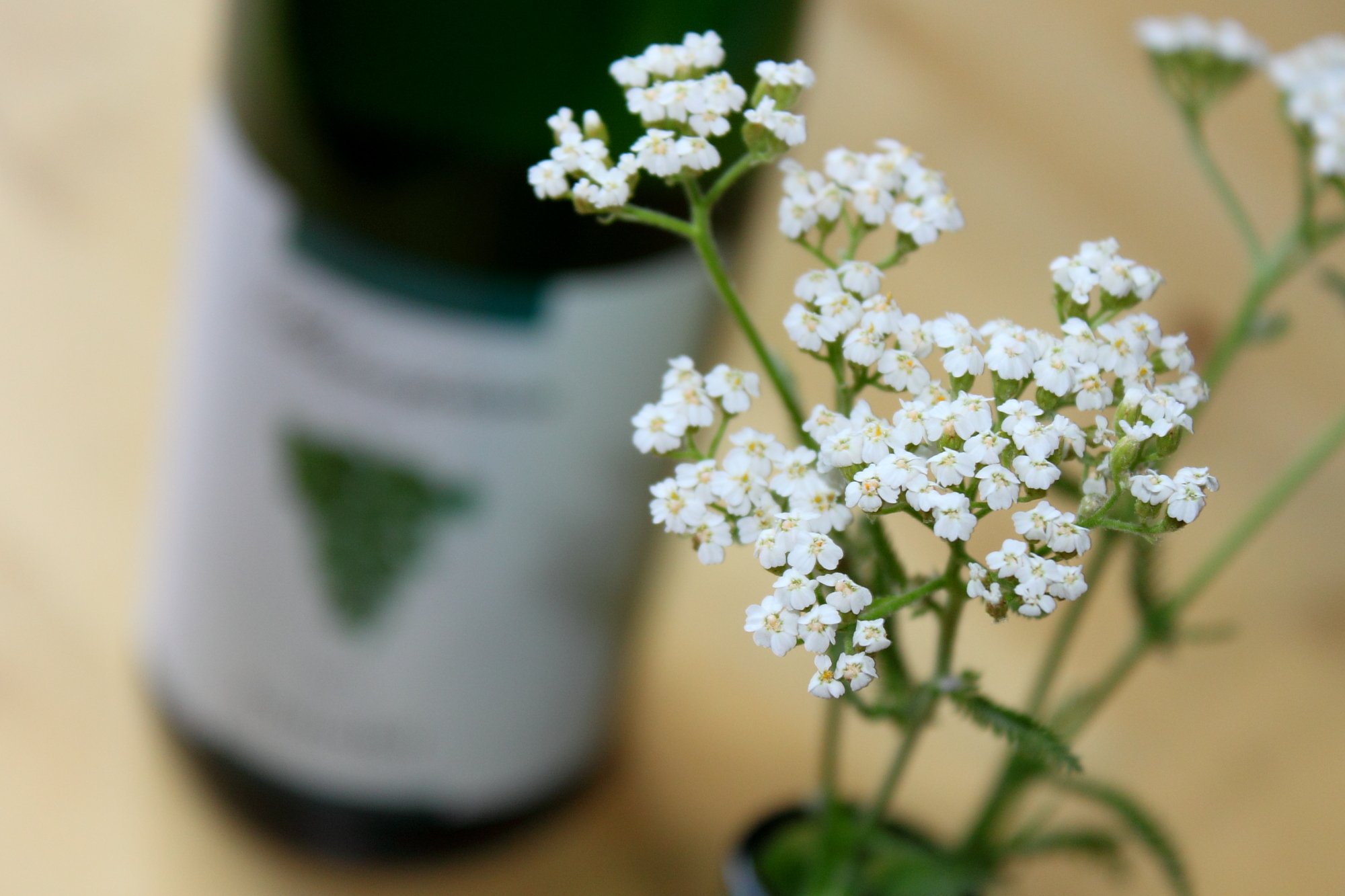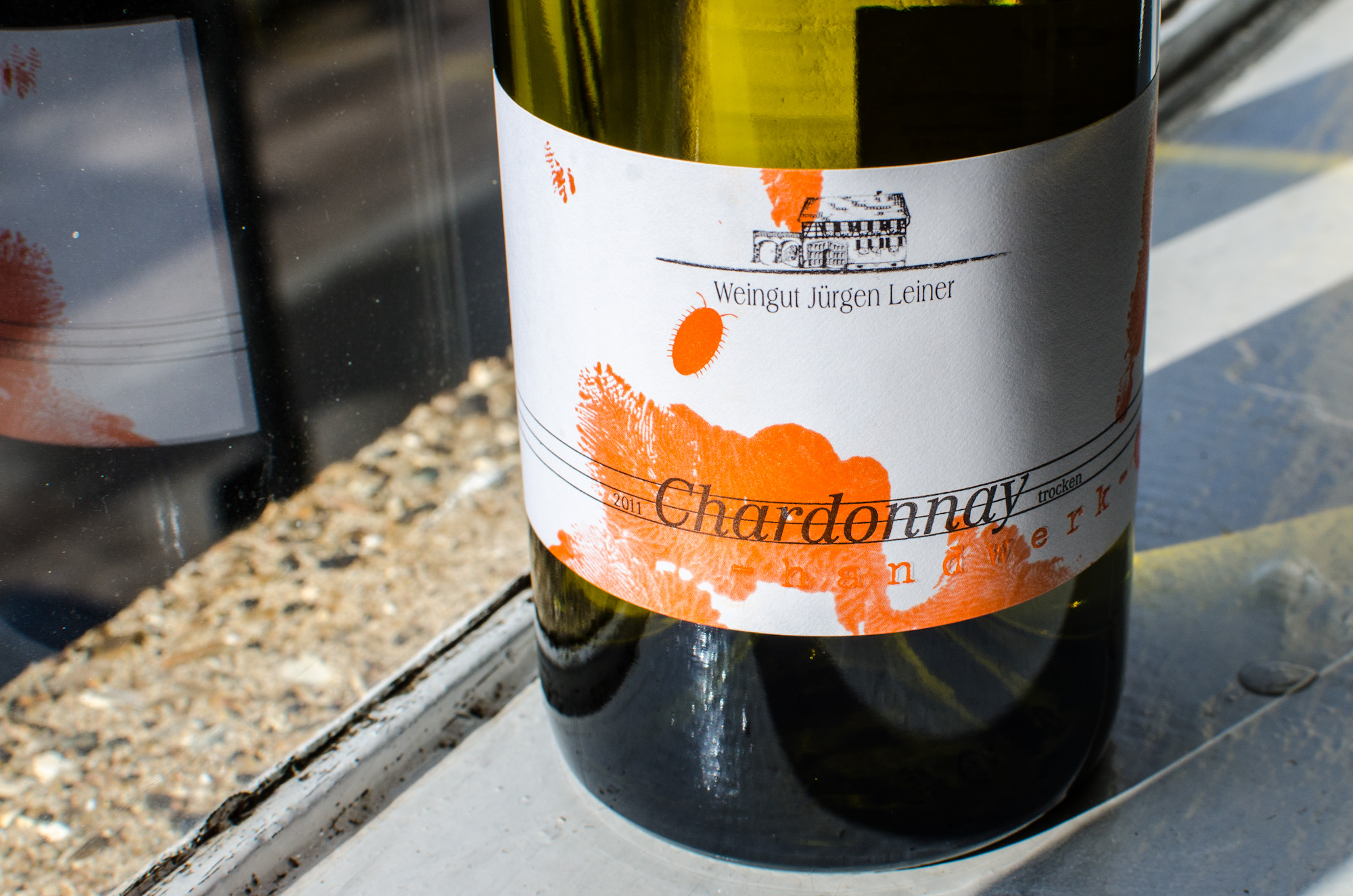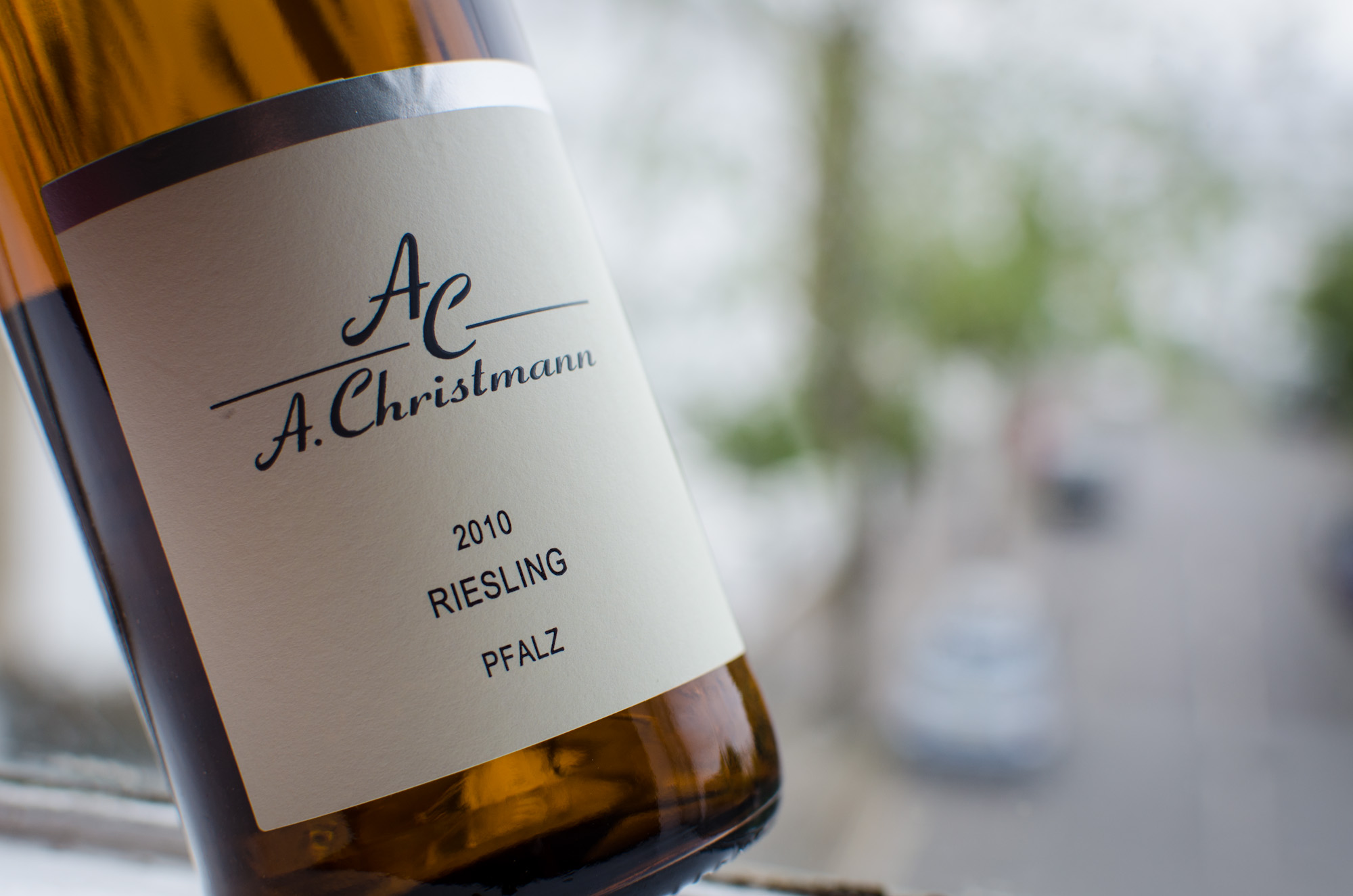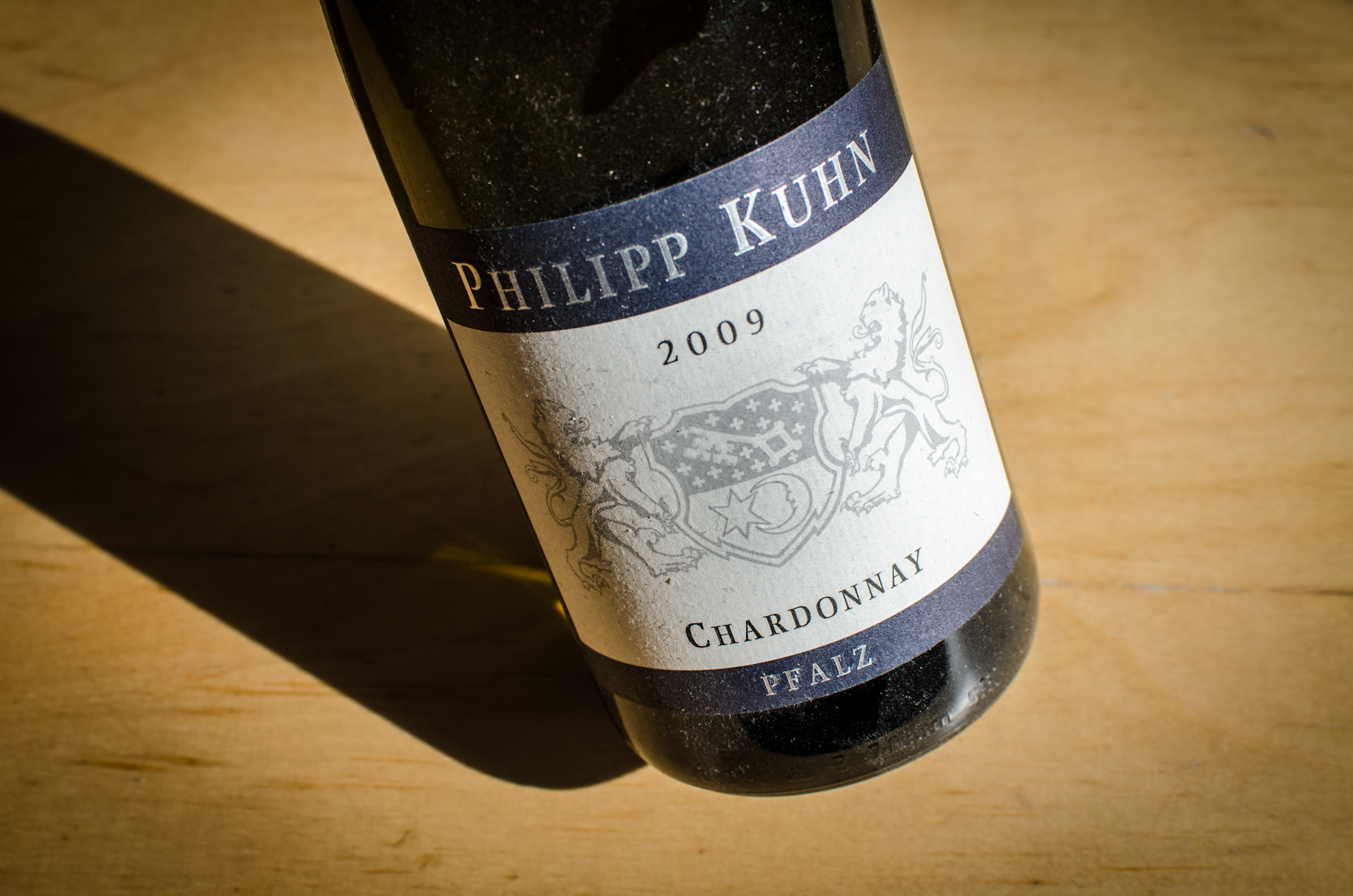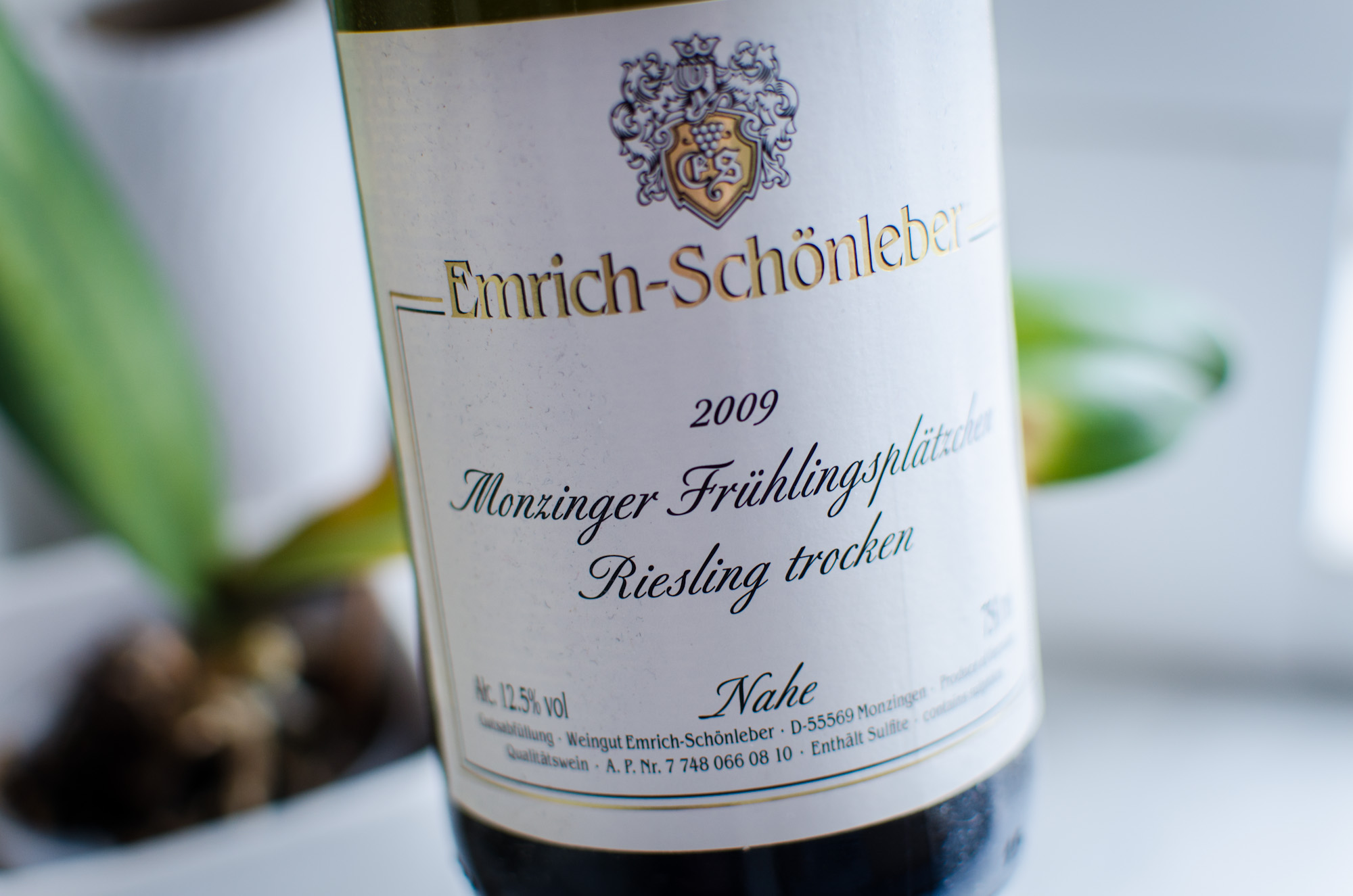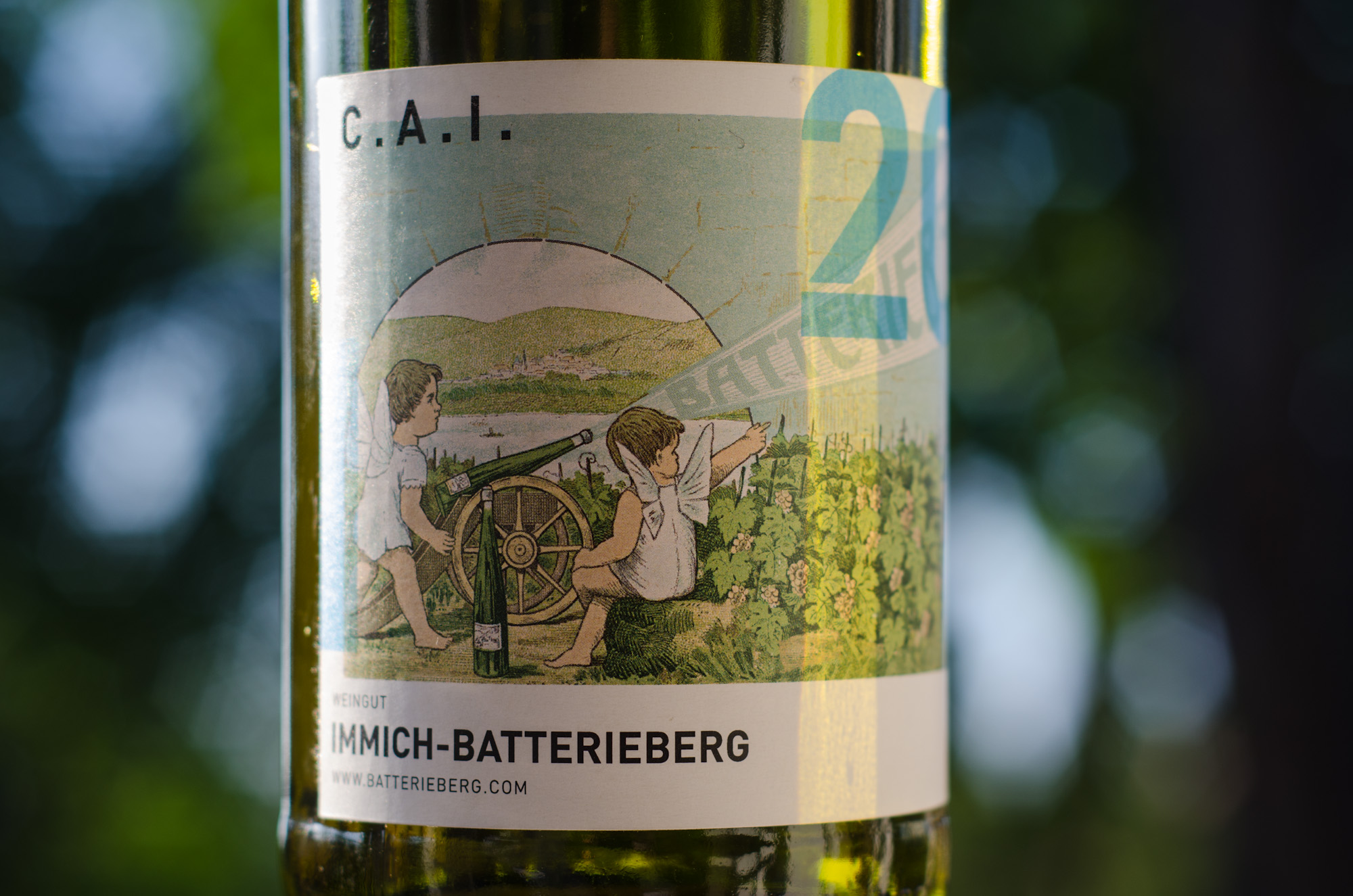Searching for the Soul of Riesling. Reflections on Mosel magic and the wines of St. Urbans-Hof
Wine is nothing without people. It is people who make wine. It is the company of the right people that makes for a great evening with wine. And it is people's stories that make for engaging wine writing. Recently I had the pleasure of meeting a man who not only makes excellent wine but who also talks about it in such an engaging way that there is only my writing to blame if you don't walk away from this article at least a little inspired.
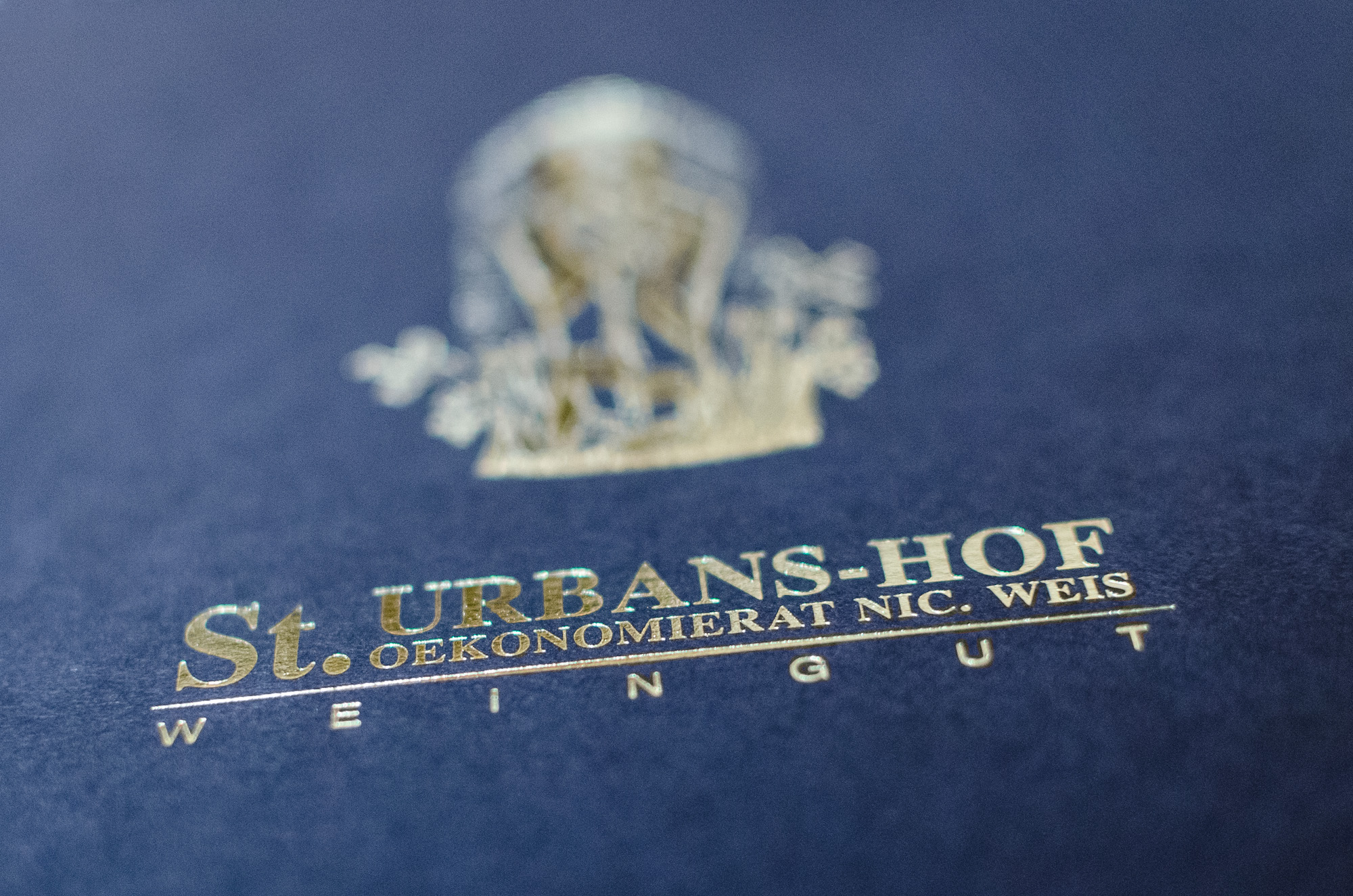
I certainly left inspired after my encounter with Nik Weiss, the owner of the St. Urbans-Hof estate in the Mosel wine region of Germany. It made me think about the magic that happens when you fall in love with a piece of land and the produce you bring forth from it. It is a magic that over thousands of years has transformed the land but it also transforms the people who work it. This is a story about how the Mosel transformed a man and how he in turn set out to transform his part of the Mosel - and about a little magic that happened when I spent an evening with him and his Riesling.


